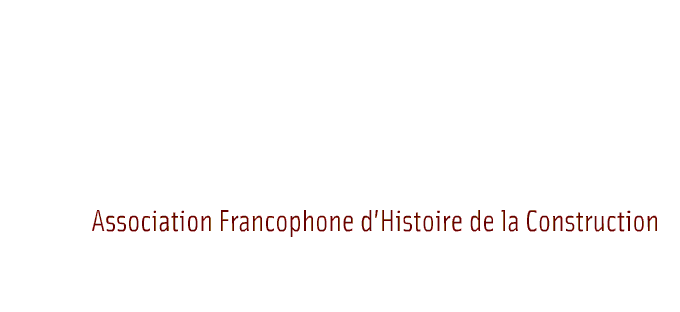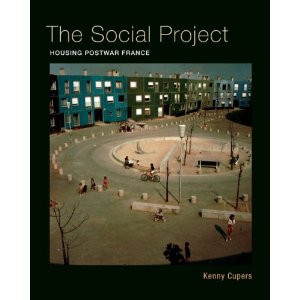The Social Project : Housing Postwar France
Kenny Cupers, The Social Project : Housing Postwar France, Minneapolis: University of Minnesota Press, 2014, 424 pages.
In the three decades following World War II, the French government engaged in one of the twentieth century’s greatest social and architectural experiments: transforming a mostly rural country into a modernized urban nation. Through the state-sanctioned construction of mass housing and development of towns on the outskirts of existing cities, a new world materialized where sixty years ago little more than cabbage and cottages existed.
Known as the banlieue, the suburban landscapes that make up much of contemporary France are near-opposites of the historic cities they surround. Although these postwar environments of towers, slabs, and megastructures are often seen as a single utopian blueprint gone awry, Kenny Cupers demonstrates that their construction was instead driven by the intense aspirations and anxieties of a broad range of people. Narrating the complex interactions between architects, planners, policy makers, inhabitants, and social scientists, he shows how postwar dwelling was caught between the purview of the welfare state and the rise of mass consumerism.
The Social Project unearths three decades of architectural and social experiments centered on the dwelling environment as it became an object of modernization, an everyday site of citizen participation, and a domain of social scientific expertise. Beyond state intervention, it was this new regime of knowledge production that made postwar modernism mainstream. The first comprehensive history of these wide-ranging urban projects, this book reveals how housing in postwar France shaped both contemporary urbanity and modern architecture.
Table of Contents:
Abbreviations
Acknowledgments
Introduction: Building the Banlieue
1950s: Projects in the Making
1. Streamlining Production
2. A Bureaucratic Epistemology
1960s: Architecture Meets Social Science
3. Animation to the Rescue
4. The Expertise of Participation
5. Programming the Villes Nouvelles
1970s: Consuming Contradictions
6. Megastructures in Denial
7. The Ultimate Projects
Conclusion: Where Is the Social Project?
Notes
Index
Kenny Cupers, Assistant Professor
Architectural History, School of Architecture
University of Illinois at Urbana-Champaign
611 Lorado Taft Dr., 117 Temple Buell Hall, MC-621
Champaign, IL 61820
Faculty ProfileThe Social Project: Housing Postwar FranceUse Matters: An Alternative History of ArchitectureSee his recent article in Places here: http://places.designobserver.com/feature/social-housing-in-postwar-france/38383/



